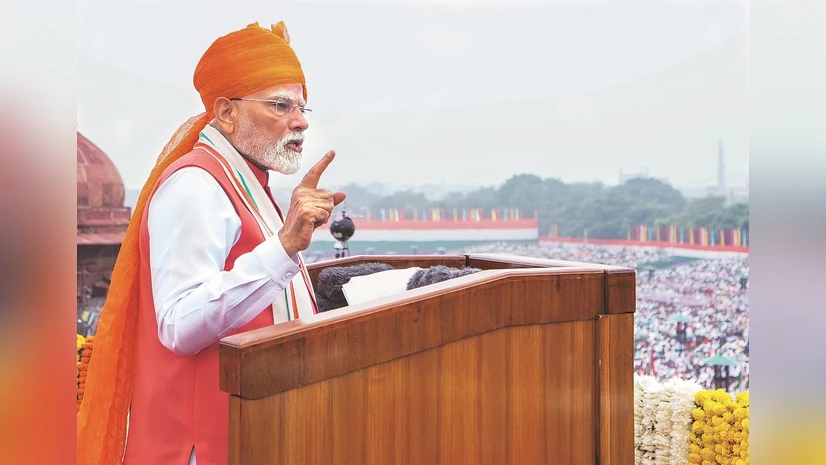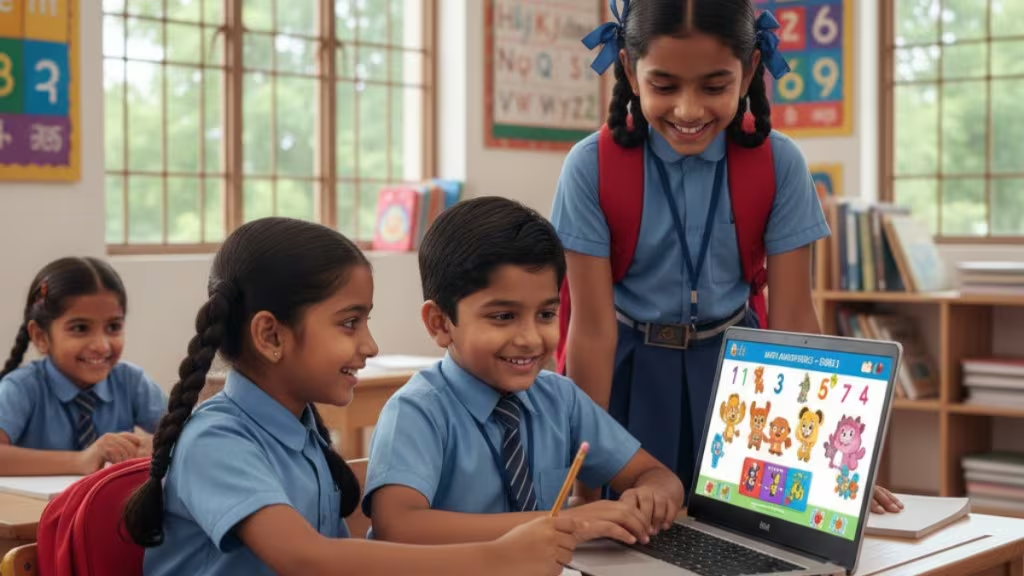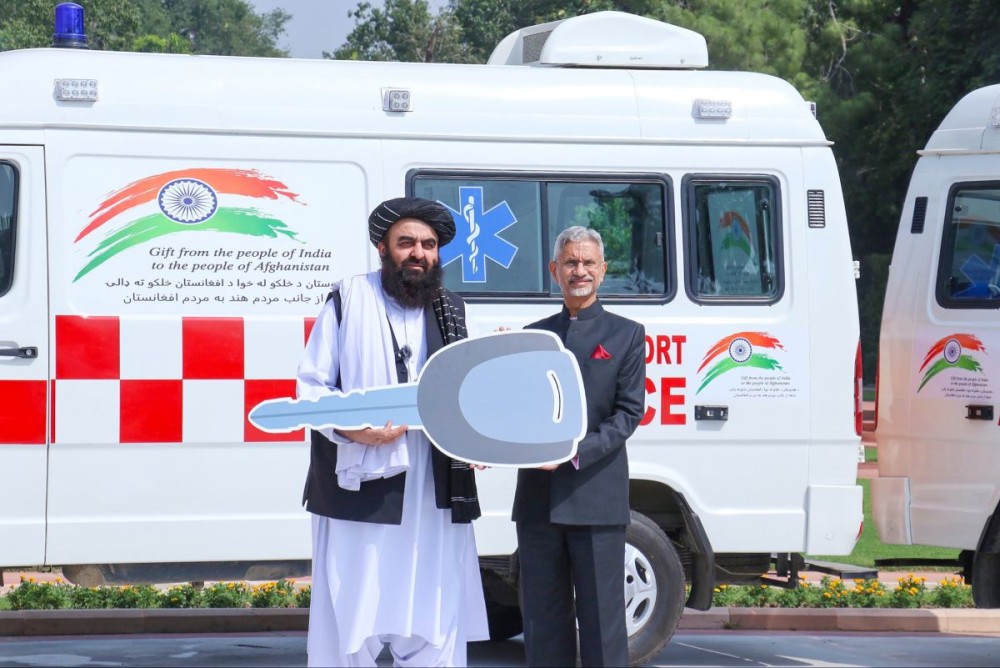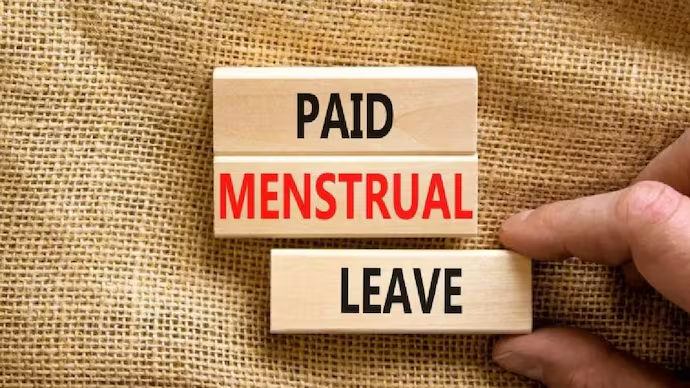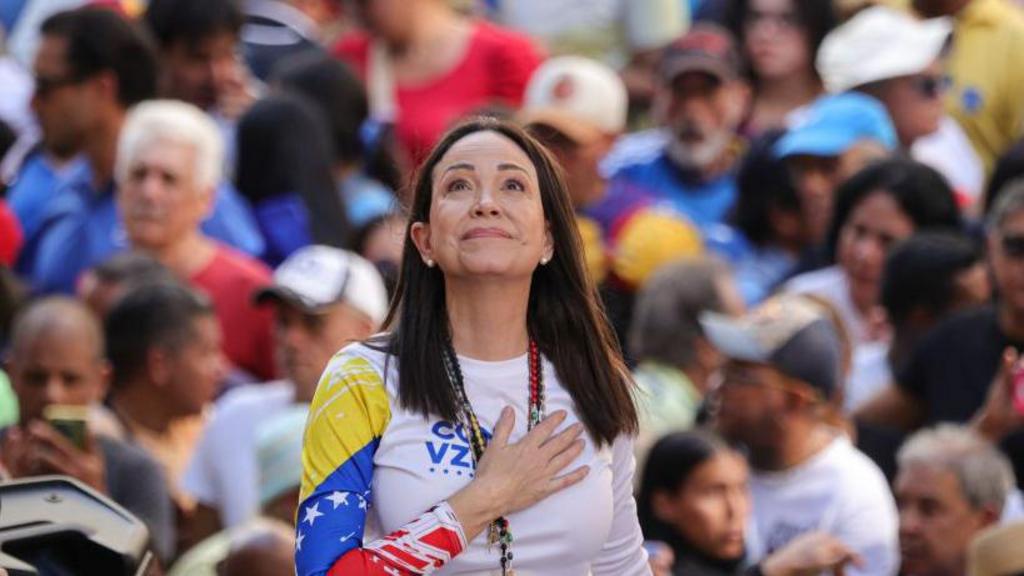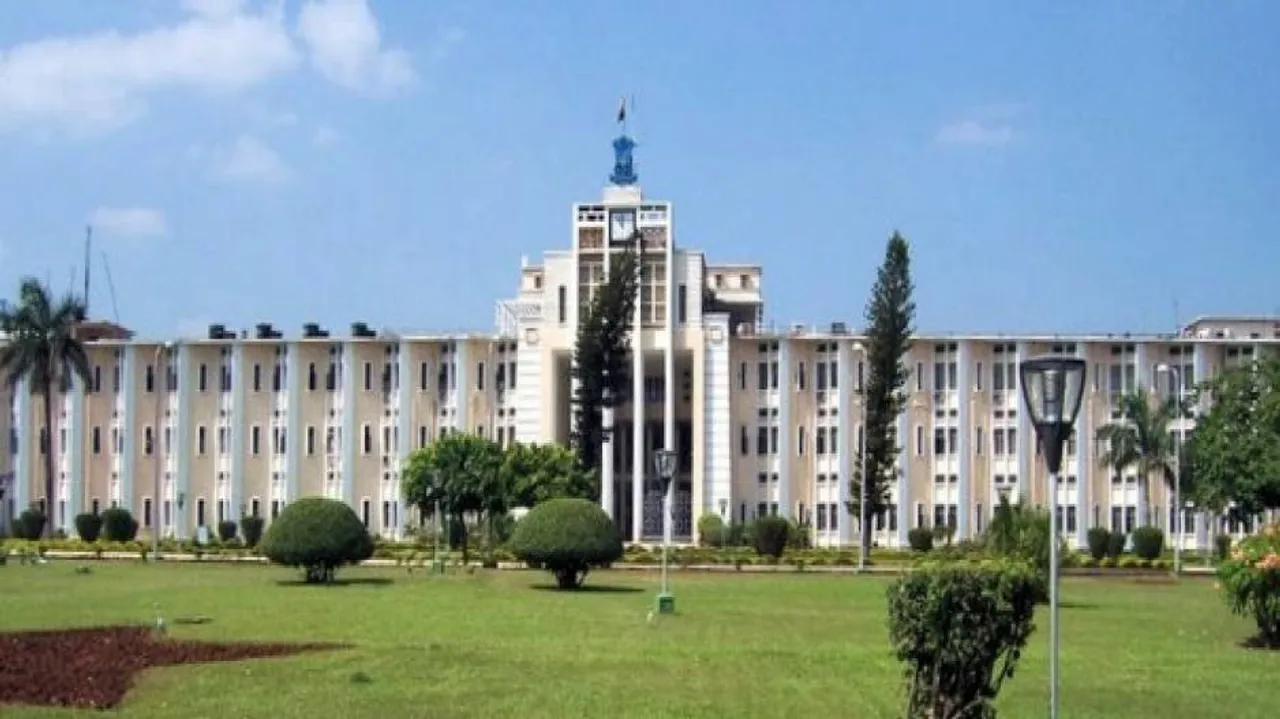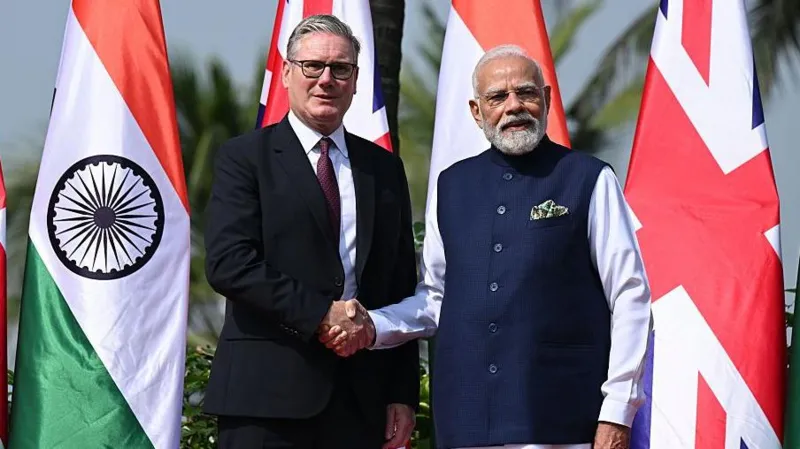New Delhi, August 15, 2025: Prime Minister Narendra Modi, in his Independence Day address from the Red Fort, urged Indians to embrace self-reliance (Atmanirbharta) by manufacturing everything from fertilisers to jet engines and EV batteries, while pledging to protect farmers against policies that threaten their livelihood.
Modi’s remarks came as U.S. President Donald Trump’s fresh tariffs on Indian exports — some raised as high as 50% — cast a shadow over the country’s growth prospects. The trade dispute, worsened by disagreements over Russian oil imports and U.S. farm and dairy products, has derailed bilateral negotiations after five rounds of talks.
New Defence System ‘Sudarshan Chakra’
In a major security announcement, Modi revealed that India would set up a new defence system named ‘Sudarshan Chakra’, aimed at neutralising enemy infiltrations and strengthening India’s offensive capabilities.
While he did not elaborate, defence circles noted that the Russian S-400 air defence system, which played a crucial role in the May border conflict with Pakistan, has informally been referred to as “Sudarshan Chakra” in policy discussions.
Farmers at the Centre of Modi’s Speech
Reaffirming his political focus, Modi vowed to safeguard farmers, fishermen, and cattle rearers, a constituency that has previously forced him into retreat, as seen during the repeal of the three contentious farm laws in 2021.
“India will never compromise when it comes to protecting the interests of our farmers,” Modi said, promising to resist any external pressure that could harm rural livelihoods.
GST Cuts to Boost Consumption
To stimulate domestic demand, Modi announced a reduction in Goods and Services Tax (GST) from October, ahead of the Diwali festival shopping season. The move is aimed at boosting consumption by cutting rates on mass-use goods, women-centric products, and items vital for students and farmers.
The finance ministry confirmed that a two-tier GST structure is under consideration, with one standard rate and one merit rate, while special slabs will apply to only a few essential items. This aligns with Modi’s long-standing promise to simplify India’s complex tax regime, introduced in 2017.
Earlier this year, the government also cut personal income tax for certain income groups to spur spending, while the RBI kept interest rates steady after a series of reductions totaling 100 basis points in 2025.
Push for Self-Reliance in Manufacturing
Highlighting supply chain disruptions and global trade tensions, Modi renewed his call for Swadeshi (Made in India) products. He said semiconductor chips made in India would enter the market by year-end and that exploration for critical minerals was underway at over 1,200 sites across the country.
“Traders and shopkeepers should proudly display boards for Swadeshi products. The need of the hour is a strong and self-reliant India,” Modi declared.
Rising Trade Frictions
India’s exports to the U.S. — worth nearly $87 billion in 2024 — face uncertainty, with sectors such as textiles, footwear, shrimp, gems, and jewellery at risk due to Washington’s higher tariffs. In retaliation, some pro-Modi groups have called for a boycott of American companies like McDonald’s, Coca-Cola, Amazon, and Apple.
Despite escalating tensions, Modi refrained from mentioning the U.S. or the tariffs directly in his 90-minute speech, though his repeated assurances to farmers and push for economic nationalism were widely seen as indirect responses.


